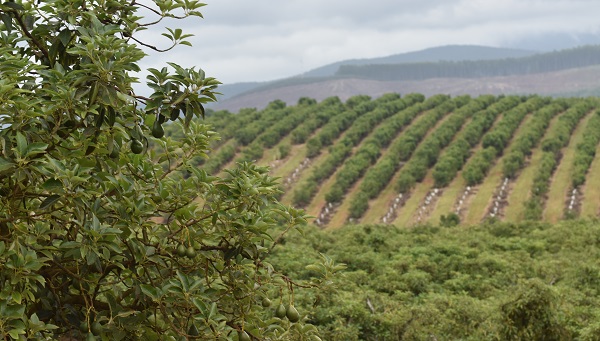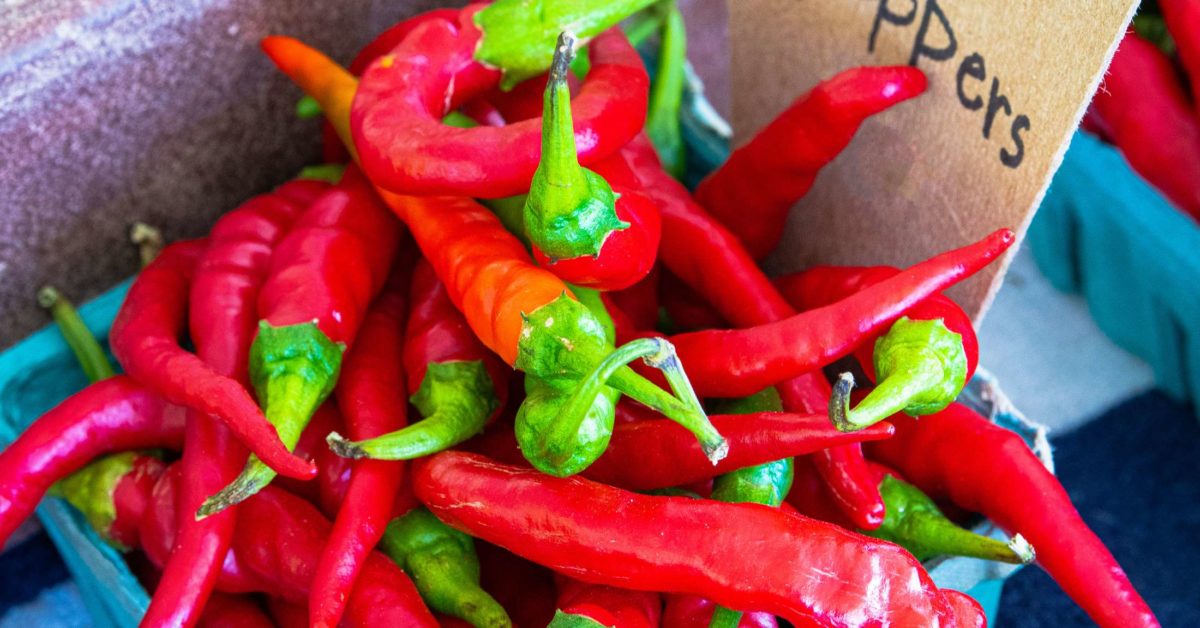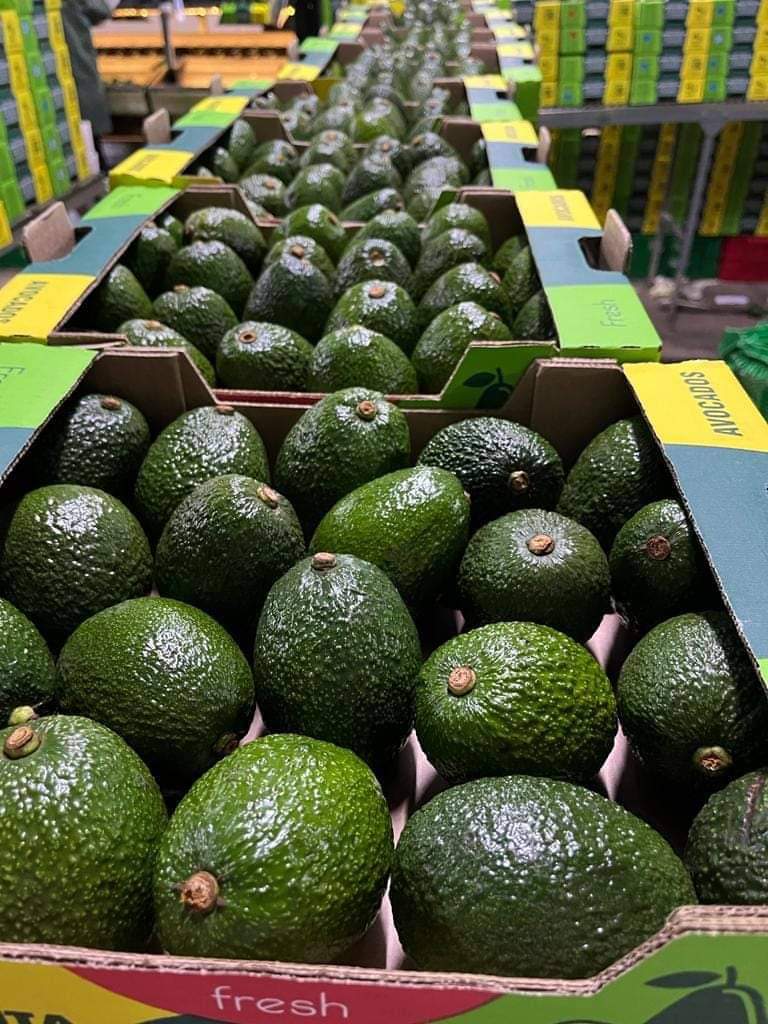The Zimbabwe Avocado Growers Association has advised their growers to slow down their harvesting in expectation of nearly 1,000 containers, mostly from Peru, underway to Europe “so avocado supply will be extremely high and this will undoubtedly put pressure on pricing going forward.”
South Africa has been exporting avocados for a while and where usually South African avocados obtain good prices on arrivals from week 19 to 21, this year the European avocado market was under pressure from the get-go.
The war in Ukraine complicated the transition from Northern Hemisphere avocados to Southern Hemisphere product. South Africa needs to be in Europe as early as possible, before the huge volumes from Peru arrive.
Israeli avocados were still on the market when South African avocados came, and it’s expected that the late part of the window will be affected by the volumes from Peru that keep coming.

Delayed arrivals earn less
“The market starts high and it ends low. You try to time your crop and time your sailings to be as early as possible in the market. And while we had fewer problems this year with cold fronts in the Cape in my opinion, we did have problems with irregular and unreliable sailing schedules,” says an avocado grower from Tzaneen.
“One ship took over 50 days to sail [to Rotterdam], more than double the usual sailing time, and that’s a catastrophe for our fruit. It’s a big frustration to us.”
A delay of five days may not sound like much, he observes, but it can cause a drop of 1 euro to 1.5 euro per carton, “which makes a big difference back home”.
“If a vessel is delayed by 15 days it could easily make a 2 euro difference on a carton, and this translates to really significant losses for farmers.”
Many payouts still need to take place this season, but at this point farmgate returns on exports are at levels they last saw five to ten years ago, he remarks, roughly R8 (0.46 euro) to R9 (0.52 euro) per kilogram lower than last year.
Domestic avocado sales down from previous years
Local retailers have cut the intakes for their avocado programmes by half, the Tzaneen avocado grower continues, in an attempt to stabilize avocado prices.
“We’re getting fair prices on our local supermarket programmes, but the volumes we supply are so much lower.”
Purchasing power is under pressure, and avocado retail sales were much stronger last year, and even stronger the year before, says a retail avocado buyer.
“I suspect as a result of the high availability of avocados on the municipal markets (as a result of hail-damaged class 3 fruit and export uncertainties) franchise shops rather buy from the market than through retail distribution centres.”
Retail franchisees have the choice to get their product on the market if prices are lower (it’s between R14 and R15/kg) and this in turn has, she notes, an “unbelievably big” impact on direct retail programmes.





